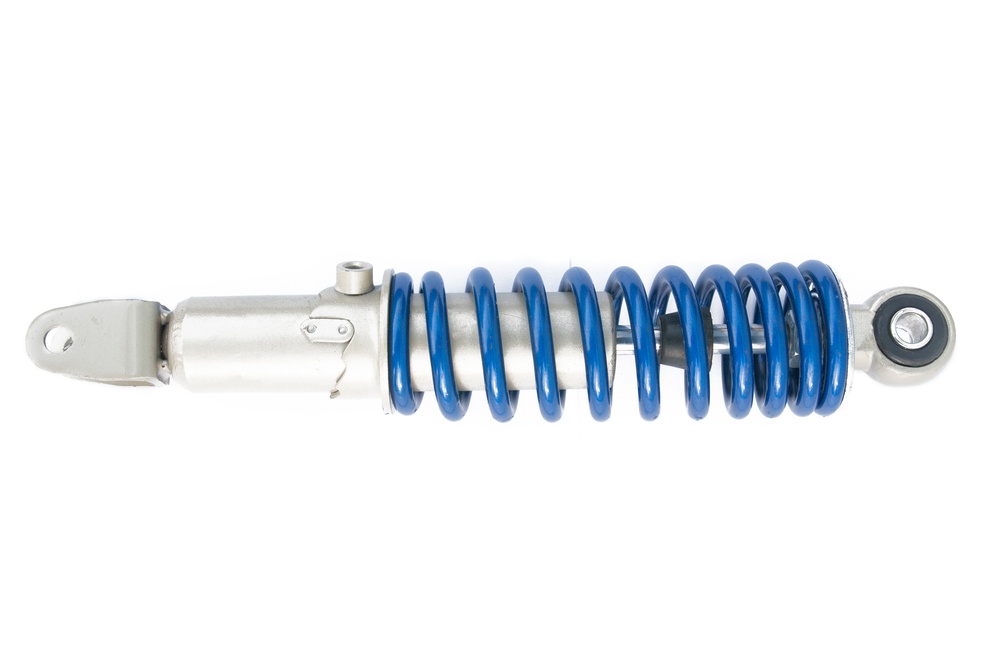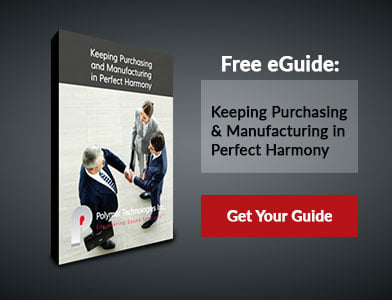Damping is one of the most effective methods of controlling noise and vibration. It is a process that converts vibrational energy into heat, eliminating the vibrational energy through friction and other processes. Increasing damping or stiffness can both reduce resonant vibration and the resulting noise by preventing the vibration from travelling through the structure.
Damping Techniques for Noise and Vibration Control
Topics: noise damping, noise and vibration
Vibration Concerns in Commercial Device Manufacturing
Noise and vibration production is a major problem encountered by companies that utilize appliances in their workspaces. Appliances that produce significant vibrations can include any and all products with mechanical parts—generators, kitchen appliances like blenders, offices appliances like printers, and so on. Vibration is distracting, uncomfortable, and in some cases, unsafe for workers. It is one of the most common reasons companies will come back to manufacturers with complaints or request changes to the design.
Topics: appliance vibration, noise and vibration, acoustic concerns







